Partners
In order to ensure that transboundary and zoonotic threats animals in the ECOWAS member states are curtailed. It is imperative that an interdisciplinary and trans-sectoral dialogue aimed at coordinating effort and leveraging on information is facilitated.
In an effort to ensure that ECOWAS member states develop and receive the required capacity to detect, respond and prevent infectious disease’ threats among animals, especially transboundary and zoonotic threats. It is imperative that an interdisciplinary and trans-sectoral dialogue aimed at coordinating effort and leveraging on information is facilitated. To achieve this, RAHC has centered collaboration and partnership at the core of everything we do.
As an agency, we can’t accomplish our goals all on our own. We are also aware that to effectively sensitize, spot, strategize, and respond to situations regarding animal health, we need to champion bigger thinking and foster partnerships in a seamless way that combines knowledge, tools, expertise and resources.
Our partnerships are structured to align our interests with objectives peculiar to each partner, to achieve a shared goal. Together, we leverage on several assets ranging from information, financial resources, technology, employee strength and more to guaranty the safety and welfare of animals in the region.
Over the years, we have successfully built a strong partnership with the following organizations:
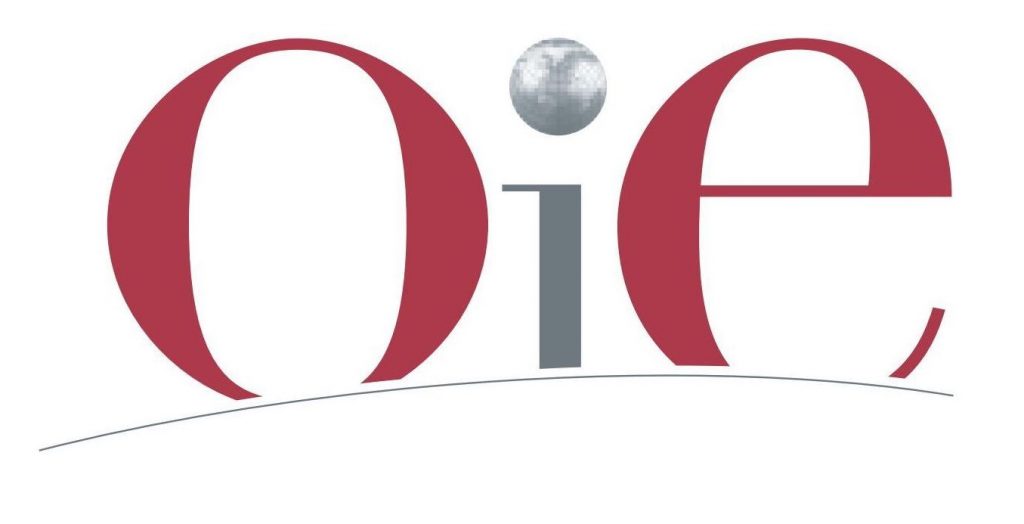
World Organisation for Animal Health
With 182 member countries, the OIE has functions of informing governments of the occurrence of animal diseases and of ways to control these diseases, coordinating studies devoted to the surveillance and control of animal diseases, and also the harmonization of regulations through the publication of the International Animal Health Code and the Manual of Standards for Diagnostic Tests and Vaccines. The OIE supports RAHC in educating and strengthening Veterinary Systems in ECOWAS member states.
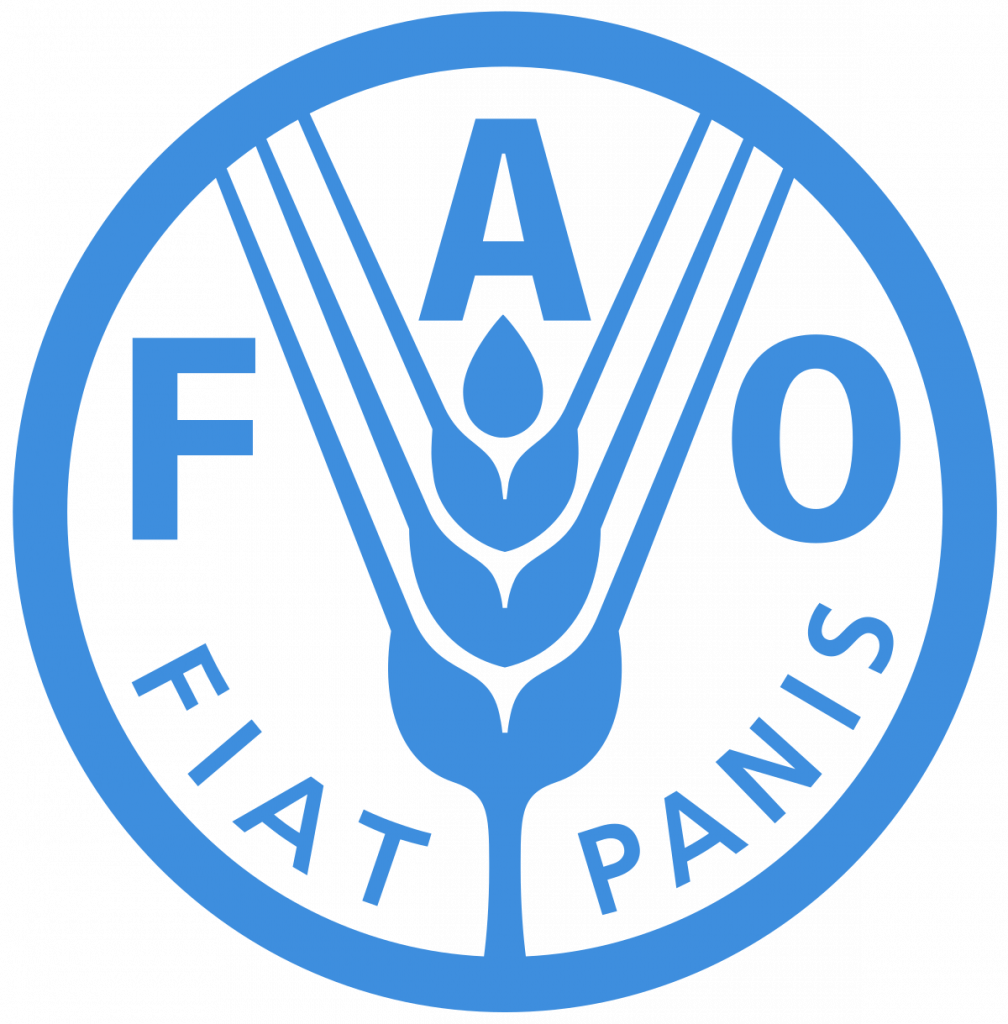
Food and Agriculture Organisation of the United Nations
Bringing to the table a network of international experts in the field, at country level, regionally and globally, FAO assists RAHC in implementing on-the-ground programmes to strengthen veterinary capacities for disease surveillance, reporting, and control; raising awareness among farmers and other stakeholders in the sector; support the development of national and regional policies and strategies to control transboundary animal diseases and priority zoonoses that can infect humans; and provide expert socio-economic analysis to understand cultural and economic factors that contribute to disease emergence and transmission.
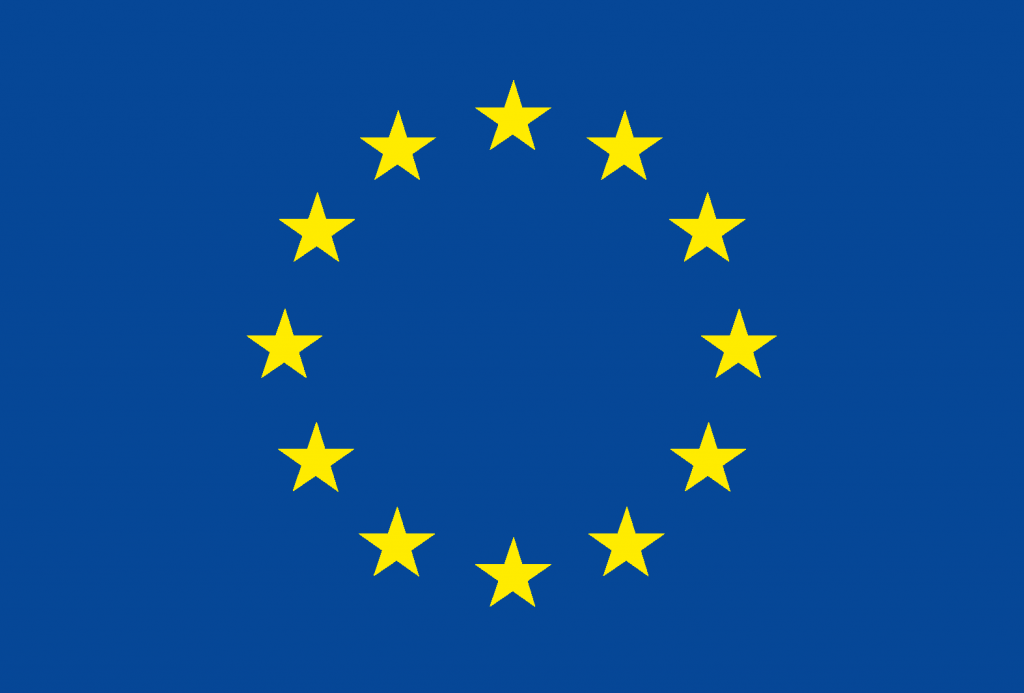
European Union
As part of EU's role in assisting non-member countries, the EU, through the European Food Safety Authority (EFSA) and the European Centre for Disease Prevention and Control (ECDC), partners with RAHC to curb the spread of emerging and existing animal diseases by providing funding, expert manpower, and the organization of on-the-ground programmes to strengthen veterinary systems in ECOWAS member states.
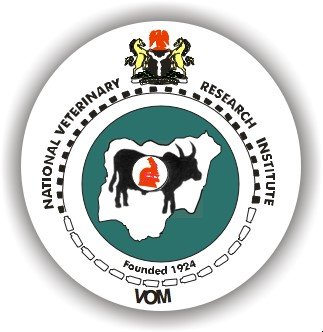
National Veterinary Research Institute (NVRI)
Over the years, the NVRI mandate has expanded to include a broad range of activities such as research into all aspects of animal diseases, treatment and control; provision of surveillance and diagnosis of animal diseases in Nigeria; provision of training in veterinary laboratory technology, animal health and production technology among others aimed at supporting animal production and health in Nigeria and beyond, which works in tandem with the RAHC’s official mandate.
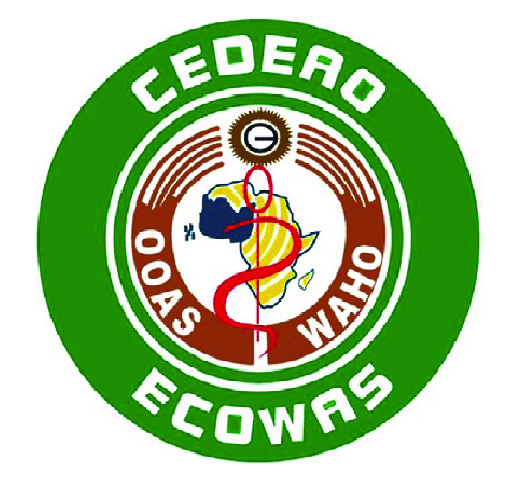
West African Health Organization (WAHO)
The West African Health Organization (WAHO) is a specialized institution responsible for safeguarding the health of people in the region through the harmonization of the policies of member states, aggregation of data and other resources, and coordinated partnerships aimed at identifying and combating health problems in the region.. With WAHO focusing on human health, it collaborates with RAHC on various practices and programmes aimed at reducing the spread of zoonotic diseases that can be transmitted from animals to humans.

The Committee for Drought Control in the Sahel (CILSS)
Established in 1973, after the catastrophic drought that affected the region, the Committee for Drought Control in the Sahel ((Comité permanent Inter-Etats de Lutte contre la Sécheresse dans le Sahel; CILSS in French), was created with a mandate to invest in food security research, and fight against the effects of drought and desertification.
With 13 member states, the Committee has two technical institutions, the AGRHYMET Regional Center, based in Niger, in charge of information, research and training; and the Sahel Institute, based in Mali, in charge of agro-socio-economic research coordination.
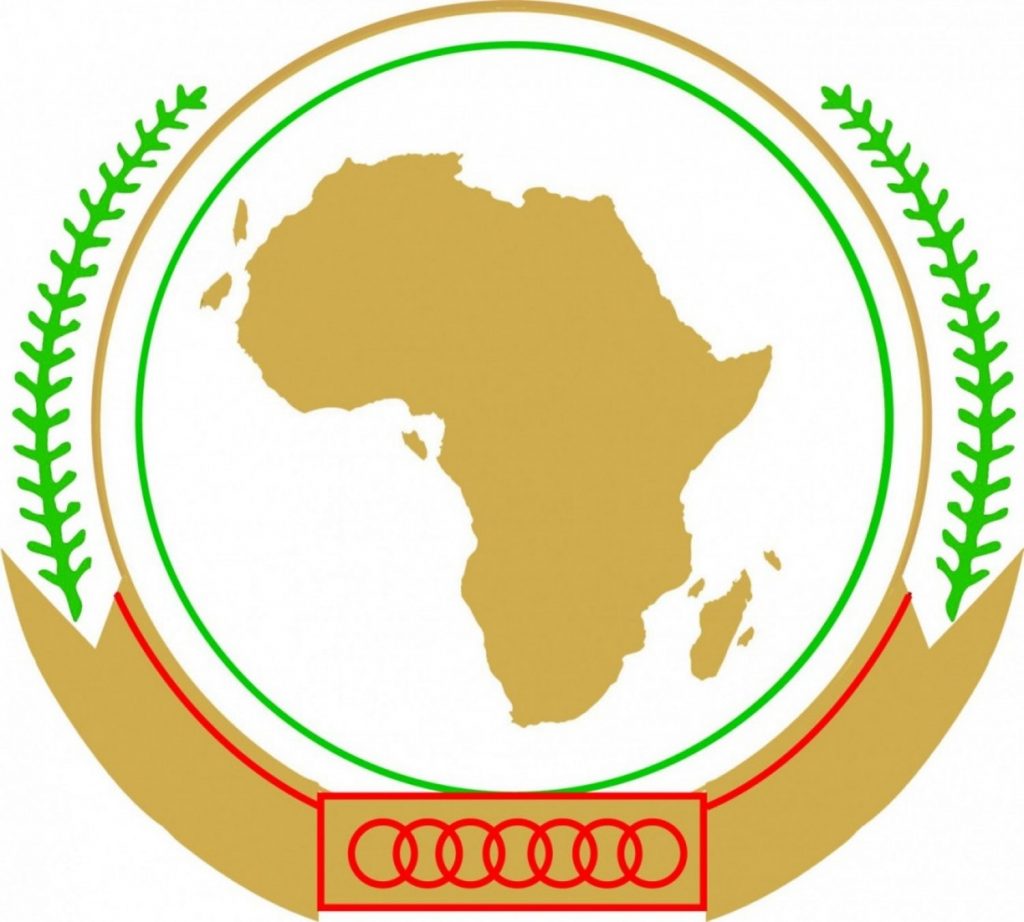
The African Union Inter-african Bureau for Animal Resources (AU-IBAR)
Initially known as the Inter-African Bureau of Epizootic Diseases and established in 1951, the African Union Inter-African Bureau for Animal Resources (AU-IBAR) is a specialized technical office of the Department of Rural Economy and Agriculture (DREA) of the African Union Commission.
Initially meant to attend to rinderpest control, its mandate has expanded over the years to other major animal diseases, and finally to all aspects of animal resource development. Working at continental and regional levels, one of its major concerns however is Trypanosomiasis, which has been an impediment to Agricultural productivity and development. AU-IBAR is also the secretariat of the International Scientific Council for Trypanosomiasis Research and Control (ISCTRC).

United States Department of Agriculture – Animal and Plant Health Inspection Service (USDA-APHIS)
Established in 1972, The Animal and Plant Health Inspection Service is an agency under the United States Department of Agriculture (USDA) tasked with the responsibility of protecting and promoting U.S. agricultural health, coordinating and monitoring genetically engineered organisms, implementing the Animal Welfare Act, and carrying out wildlife damage management activities.
With the aid of relevant stakeholders in the sector such as scientists, veterinarians, biologists and other professionals, the APHIS works to successfully prevent and respond to potential pest and disease threats to U.S. agriculture, and meet agricultural challenges of the 21st century.

The Swiss Agency for Development and Cooperation (SDC)
Established in 1961, the Swiss Agency for Development and Cooperation is responsible for the overall coordination of development activities and cooperation with Eastern Europe, as well as for the humanitarian aid delivered by the Swiss Confederation.
In fulfilling the aid part of its mandate, the SDC also works worldwide to ensure that people are provided with access to adequate food. With a focus on poor and disadvantaged groups, supports and provides innovative solutions and ideas to nations on how to make use of natural resources, cope with climate change, and also various means of storage and marketing of produce.